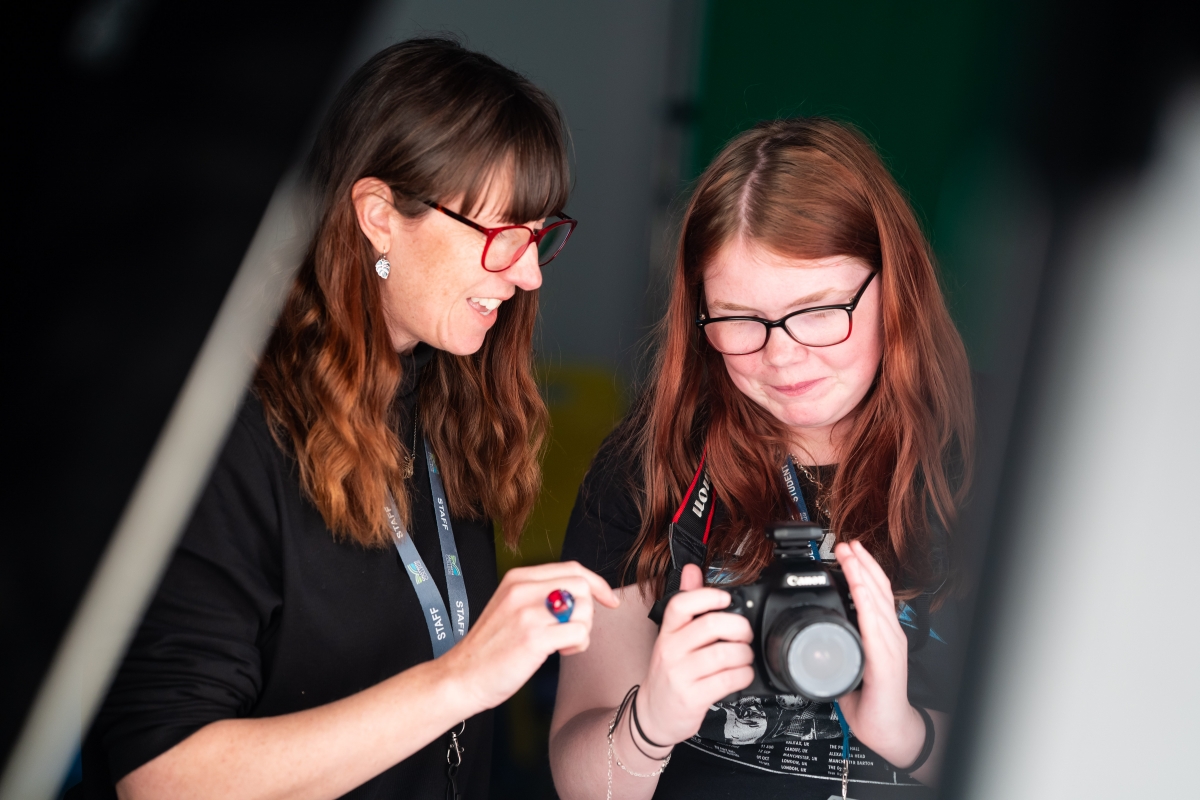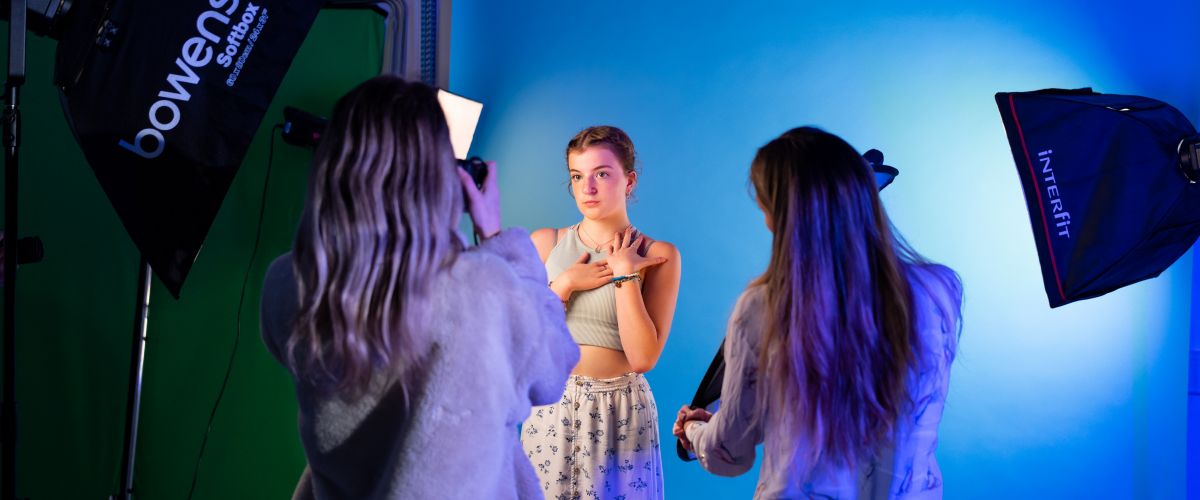A Level Photography
“At this moment in human history, I truly believe that photography is the most universal language on the planet. I think it’s the one language that everyone understands no matter what class they belong to, no matter what education they have, no matter how much money they have, no matter what verbal language they speak — photography is a profoundly rich visual language that is open to all to use and to understand.” - Jim Casper, founder of LensCulture.
Key information
Art & Design / Media, Photography & Games / Full Time / A Levels and Equivalent

Why choose this course?
Photography is an art of observation, it has little to do with the things you see and everything to do with the way you see them, allowing us to tell our story and vision through the lens. This course provides opportunities to engage in a broad range of projects to encourage creativity, observation, investigation, analysis and experimentation as a means of both developing technical, creative and critical skills.
The course encourages a firm understanding of the broad visual and theoretical contexts in which contemporary photographers operate. Learners will begin the course by questioning how photography functions both culturally and socially, along with how it will contribute to their future progression. Students learn a broad range of technical skills including digital and post-processing, utilising Adobe Camera Raw, Bridge, Photoshop and Indesign. Analogue skills include shooting, processing and scanning film, darkroom printing and alternative photography techniques.
What will I learn?
Students complete a diverse range of projects working in the studio, the darkroom and on location. Exploring a range of contemporary and historical contexts, learners cover key photographic genres including landscape, portraiture, personal space, mixed media, fashion, documentary and street photography. Each project is designed to develop the skills required for students to undertake their own self-directed project during the second part of the course. The photography department is treated as a professional, creative, working studio, with all the necessary resources required for students to acquire the information, knowledge and inspiration required to create images competently and professionally.
Assessment Arrangements
Foundation Projects Year 1: Introduction to photography, Landscape, Portraiture, Street Photography, Personal Space, Documentary, Mixed Media, Fashion and Studio Photography. Each project is designed to introduce the learner to a range of skills to support them through Components 1 and 2.
Year 2 Component 1: Component 1 is a coursework project based on an area of photography, a genre or specific theme chosen by the learner. 60% of the mark is determined via the creation of the coursework based Personal Investigation consisting of a major in-depth, practical, critical investigative project/theme-based portfolio. Learners will be required to carry out an extended critical and contextual written analysis.
Spring Term and Summer Term Year 2: Component 2: The Externally Set Assignment requires learners to independently develop a personal response to one of a varied range of stimuli. You will develop your response during a preparatory study period culminating in a 15 hour sustained focus study. All projects are assessed at regular intervals and constructive feedback is given.
Where will it take me?
The photography courses offered are designed to enrich and empower learners with a number of technical, visual and analytical skills that are transferable to a range of employment opportunities. Due to the accessibility and broad reach photography has, many job roles in a range of sectors now specifically request ‘photographic skills’. The creative industries is currently one of the largest employment sectors and successful completion of the course can lead to further study or employment in all areas of lens-based media and visual arts including: art foundation or BA honours in media, film, multi-media, graphic design, journalism, advertising, illustration and PR. More specific photographic roles include: assistant, commercial, forensic, police, armed forces, product, fashion, architectural, wedding, travel, wildlife, sports, editorial, journalist and medical photographer, along with stylist, re-toucher, picture editor, writer and curator.
What will I need?
Five GCSEs at grade 4 or above including grade 4 or above in an art-based subject and English Language or Literature at grade 5 or above.
Callywith College provides all the industry standard equipment required to complete the course - cameras, tripods and lenses can be loaned out for a period of two days. Students will be required to purchase film, sketchbooks, photographic paper, memory cards, pens, glue and pencils, along with a few other things that are all available at cost from the college Art, Media and Photography store.
Additional Information
Awarding Body:
Eduqas
To obtain more information about this course, please call: 01208 224000 or email enquiry@callywith.ac.uk




